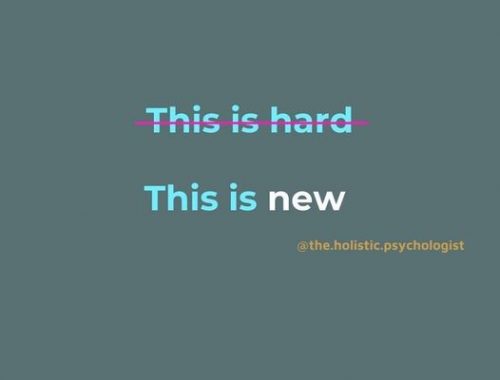Positioning yourself for a new role
The final in my series about the Canberra communications jobs market is for those of you out there who are ready for a new role. Now is the time to get out there. But are you ready?
It’s a candidates market, but only if you can position yourself well. Time to think about what you need to be doing now to get ready to apply for your next dream job.
I asked Canberra managers in the public and private sector what they are looking for in a candidate. Across the board, there were some pretty common themes. They want flexible communications professionals who can move across various areas and demonstrate a willingness to develop their skills. It’s about attitude over experience.
I have thrown in my top tips to get yourself ready for the jobs market.
What are employers looking for
Through my networks and the power of LinkedIn, I connected with several managers that are currently recruiting.
What are you looking for in a candidate?
- Flexibility.
- Capacity for strategic decision making under pressure.
- Varied experience across industries as this demonstrates a sound knowledge of MarComm principles.
- A willingness to learn.
What can a candidate do to set themselves apart from others in the field?
- A genuine commitment to keeping their skills current.
- An established network they can draw on.
- A stylised resume and portfolio which stands out from the rest.
Are you looking for generalists or specialists? Spoiler alert, the answer is both.
- Junior positions are more generalists, and senior positions are specialist roles.
- I always look for quality writing and editing skills.
- A bit of both, some generalists but also people with campaign and internal comms experience for specific roles.
- A good comms person can usually adapt easily, so long as they are genuinely passionate. That’s all that matters.
- The skill set depends on the role that I’m recruiting for. I personally prefer generalists that previously held specialist roles.
What advice would you give candidates in the market for a new role?
- Don’t apply for anything and everything. Instead, find an organisation or team that aligns with your values and delivers on things you want to be a part of.
- Be honest about your lack of experience/skills. In most instances, attitude and a willingness to learn trumps lack of experience.
- Interviews are as much about you getting to know the organisation as them getting to know you. So use it as an opportunity to find out about the team culture and what the workplace is like.
How to get ready to apply for your next role
Here are six things you can do right now to get ready to apply for new jobs.
- Get onto LinkedIn – Don’t underestimate it! It is a great way to get your name out there and to see who is recruiting. Last time I checked, almost 2000 communications jobs were being advertised. If you don’t already have one, set up your profile now. If you have a profile but don’t post, now is the time to start
- Build your networks – Go out and meet new people, and tell those you already know that you are looking. Never underestimate the power of your relationships to find you a new role. Start by attending events like IABC Mid-Week mingle!
- Update your CV – Time to pull out your resume and give it a polish. Don’t be boring, you’re in comms – get creative! Try out Canva. There are heaps of free templates. Ensure it has all of your up to date info and is as snappy as you can make it (ten-page CVs are so out of vouge!)
- Start collating your examples – Now is the time to start writing down your strongest achievements. What is your story, what were the outcomes, what data do you have to back it up? Don’t wait until the perfect job is advertised, start now while you have the time.
- Setup an online portfolio – You can’t always add attachments to government recruitment portals but you can add a link to your selection criteria. An online portfolio of your work is vital if you are in a creative role but a great idea for any communications professional! Add copies of campaigns, reports, or collateral you have produced. Create stories about your work with images and quotes. You can make it as lo-fi or high-tech as you want (or your capabilities allow). There are lots of free tools you can use, just find the one that works for you.
- Sign up with recruitment agents – You never know where your next role might come from. The recruitment agents I have spoken to all have a mix of contract, non-ongoing, transfers and permanent roles. You can’t rely on APS jobs alone, these are the people that have connections into a wide variety of departments.
If you need a little support in applying for your next role, I offer coaching sessions for communications professionals. Whether it’s talking about where to focus your efforts, your application or interview prep – get in touch!

